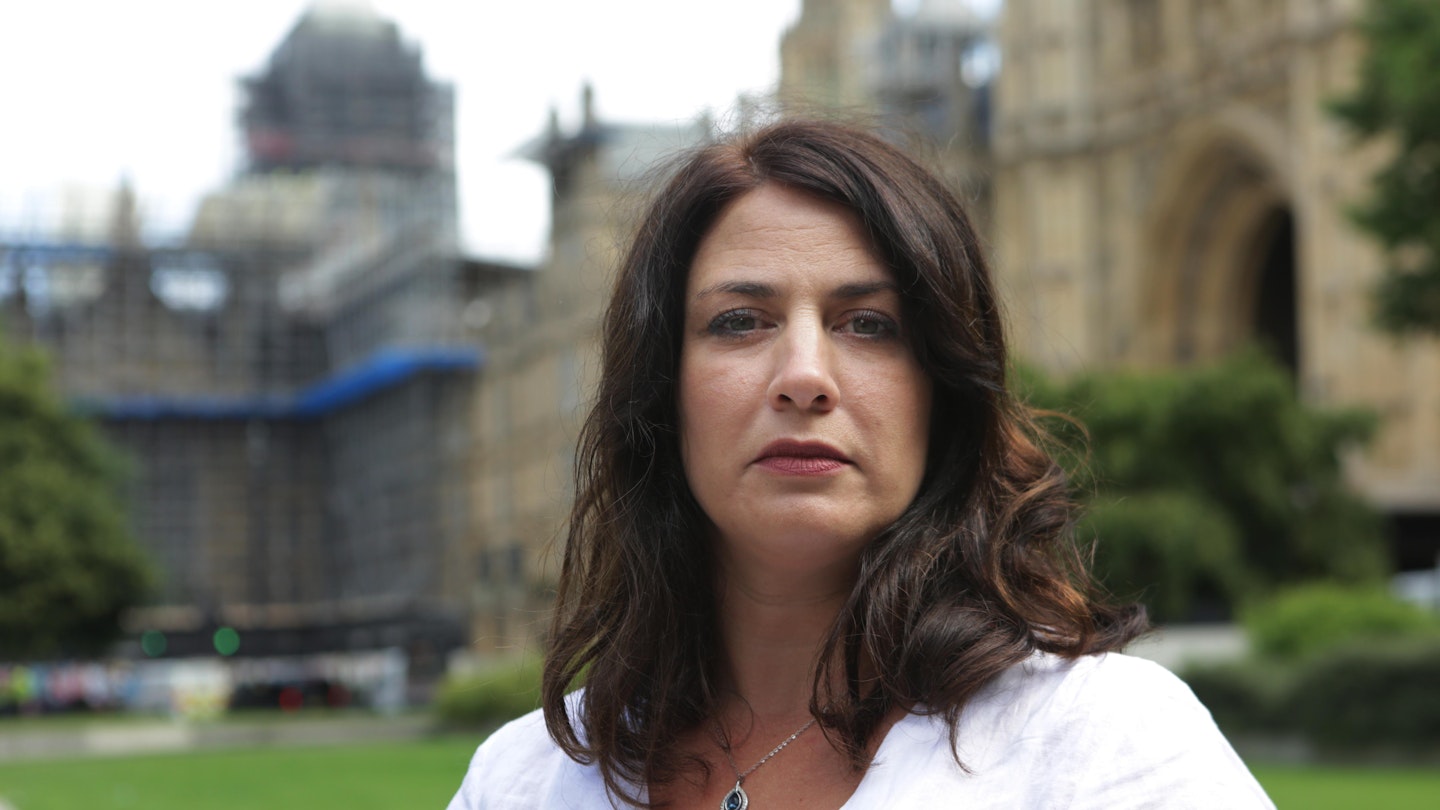There’s something wonderfully unremarkable about being able to buy your child a new outfit. Or some new shoes, or a school bag, or something that they’ve spotted, that’s triggered that desperate, wided-eyed joy, that you just know would be… blissful. It’s unremarkable because it’s supposed to be the norm, isn’t it? That we buy the new t-shirt, or replace the shoes. That we have a little holiday and pepper their childhood with happy memories. It’s what we do as parents. What happens when you can’t, then?
I am a mum to a ten-year-old daughter. I work hard – always have – right now for a charity based just outside of Brighton. It’s a decent wage; well above the national average. I’m single. And, since being rolled over to Universal Credit, I’m also in debt and often struggling.
When I first moved over to Universal Credit from the Working Tax Credits system which was working perfectly well for me, things weren’t so bad. I was only working during school hours but I wanted more hours – I wanted to provide more for my family, perhaps even book a little break away for us both. So I sought out another job, a full time role, thinking that I would be better off. I quickly realized that wasn’t going to be possible.
Because, on Universal Credit, childcare is suddenly quite unworkable. Whereas on Working Tax Credits, the money you are entitled to was paid in advance. On that system, when you have an invoice or when you know that you are going to require childcare, or you have a bill, the money can go more or less direct from the government to the childcare provider. With Universal Credit you have to pay the costs first, and prove that you’ve paid it. Then you get some of the money back around one month later. The new process is specific and complicated – for instance, if you must report the cost on the same day that you pay for the childcare – meaning there are many loopholes for people to fall into and forfeit the money they are entitled to.
I have already tried reducing my hours to reduce childcare costs, and I’ve exhausted my annual leave. And, being suddenly faced with having to find upwards of £1000 per month (during the summer holidays, for example) means that people are getting into debt. People like me are borrowing from family and getting loans – getting payday loans with very high interest costs. In the last six months I’ve had to do this a couple of times for small amounts, just so I can get the basic care my daughter needs and still be able to keep my job. It escalates.
There is a lot of shame attached to borrowing, especially this type of borrowing. It is not easy to say that you are living in poverty; no one wants to stand up and admit that. We want to be proud, not seen to be struggling. It feels so insecure. You think you have a quick fix but it breeds insecurity: about how you feel about yourself; how you feel about your own ability to provide for your family; how safe everything is around you and what the future looks like. Not knowing if you’ll be able to keep your job. I don’t know if I’ll be able to continue to afford to work.
Parenting is challenging enough as it is. And particularly being a single, working parent. You have to be resilient, doing it all on your own. There is little time or money for pleasure. Even things like being able to buy my daughter her new school uniform as she moves up to secondary school is a worry.
I earn a decent wage and it is hard, so I dread to think what it’s like for families on lower incomes than mine, or on the minimum wage. And the most frustrating thing is that the government could easily help this. We are not asking for extra money, we’d just like the money we’re entitled to, to be accessible when – not after – we need it, at the point we need to pay, to stop the cycle of borrowing and, consequently, debt.
It would make the most enormous difference, not only to my life, but to the lives of so many other working families’ lives in the UK right now. As the summer holidays approach, and more people are moved over to Universal Credit in the next few days, many more people will be feeling this pang of fear. It can’t continue. We don’t want the world. We just want to do the unremarkable.
